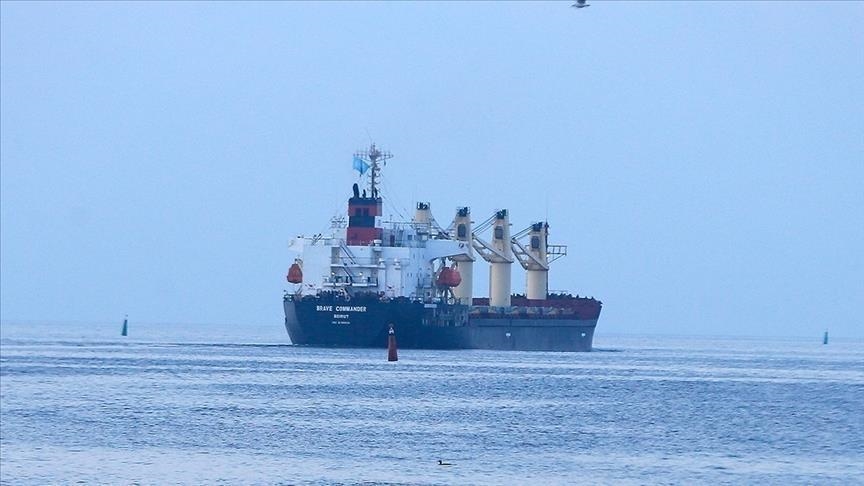Slovakia bans food imports from Ukraine, joining Poland and Hungary
Ban aims to protect local farmers but is criticized by Kyiv and European Commission

SARAJEVO, Bosnia and Herzegovina
Following in the footsteps of Poland and Hungary, Slovakia on Monday decided to halt imports of grain and other food products from Ukraine, a decision criticized by Kyiv and the European Commission as unacceptable.
The bans intend to protect local farmers within the EU hit hard by a glut and price crash in the sector, caused by low prices and demand. Ukraine called on other countries to at least allow the transit through their borders. Ukrainian agricultural products shipped to and through Poland make up about 10% of the country’s total food exports, with Hungary accounting for a further 6%.
Russia’s continued blockade of Ukraine’s Black Sea ports forced the government in Kyiv to offer its grain goods significantly cheaper compared to grain produced in the EU. Despite the low price, most of Ukraine’s grain ended up staying in central Europe mainly due to logistical bottlenecks.
The low price triggered a political backlash from farmers in Hungary, Slovakia, and Poland. Warsaw’s governing nationalist Law and Justice (PiS) party, which is one of Ukraine’s most trenchant supporters but now it is under scrutiny by voting farmers, demanded a halt to imports.
Ukraine's agriculture minister, Mykola Solsky, called for urgent talks to resolve the dispute and said the first step “should be the opening of transit because it is quite important and it is the thing that should be done unconditional” According to political experts, grain exports make up 40% of Ukraine’s foreign currency income.
Poland, Slovakia, and Hungary have already banned agricultural imports from Ukraine, including those ultimately destined for other countries, until at least early July, Bulgaria is also considering a ban.
The European Commission spokesperson for trade and agriculture said trade policy was an EU-exclusive competence and that unilateral actions “are not acceptable.”
The commission last month proposed emergency funding to farmers in central European member states to compensate for the excess of Ukrainian grain, but farmers said it was not enough.








